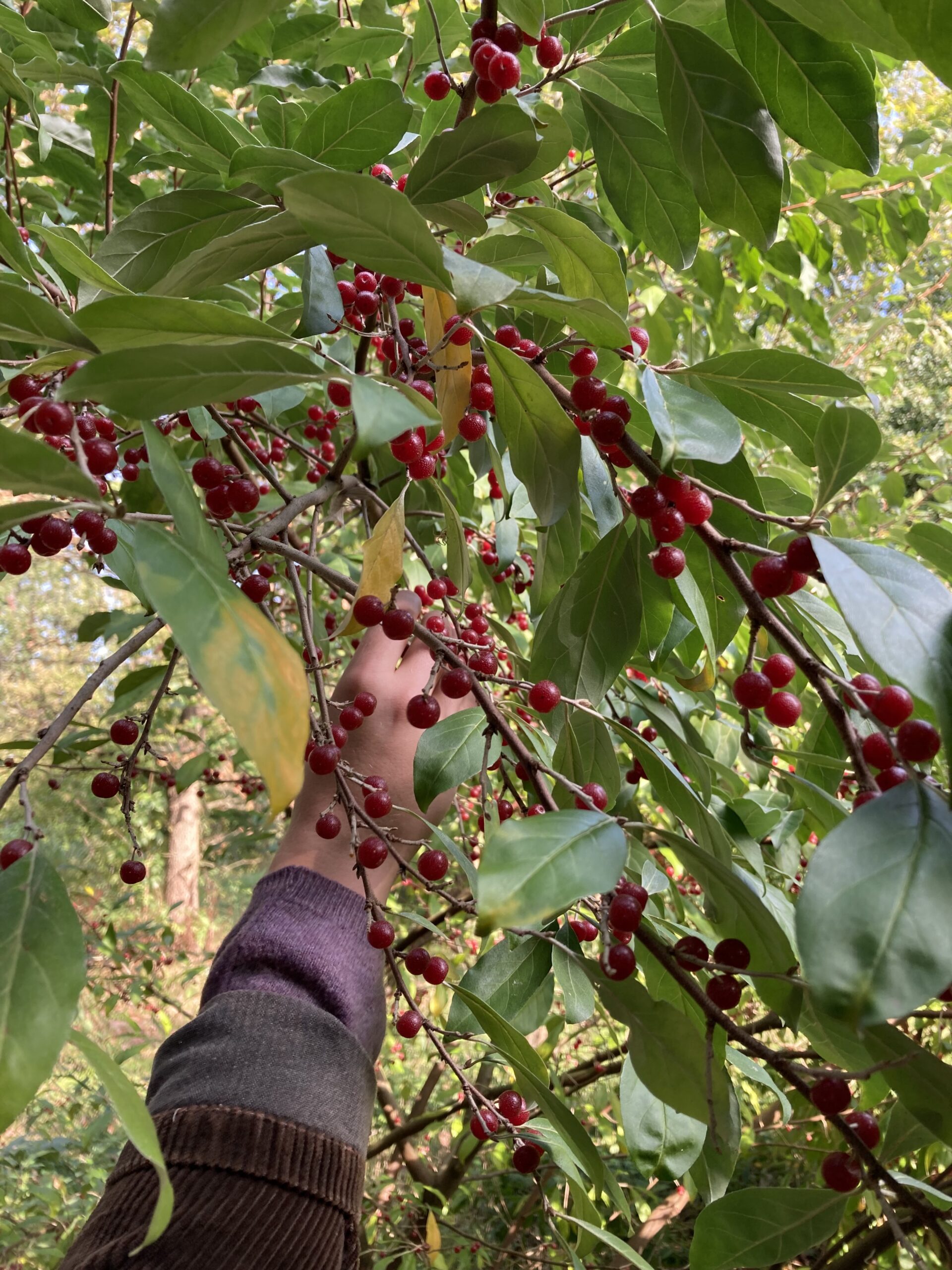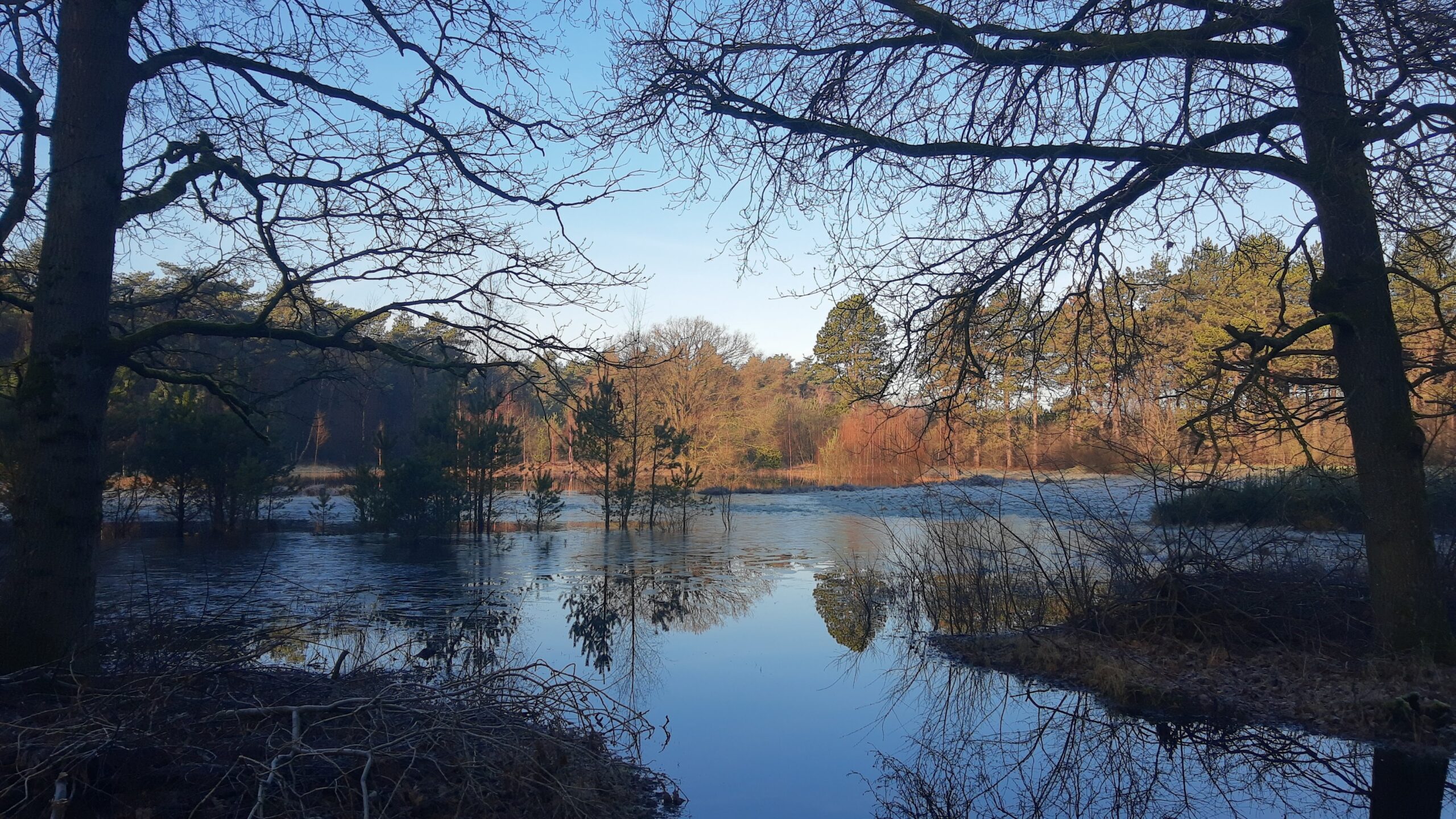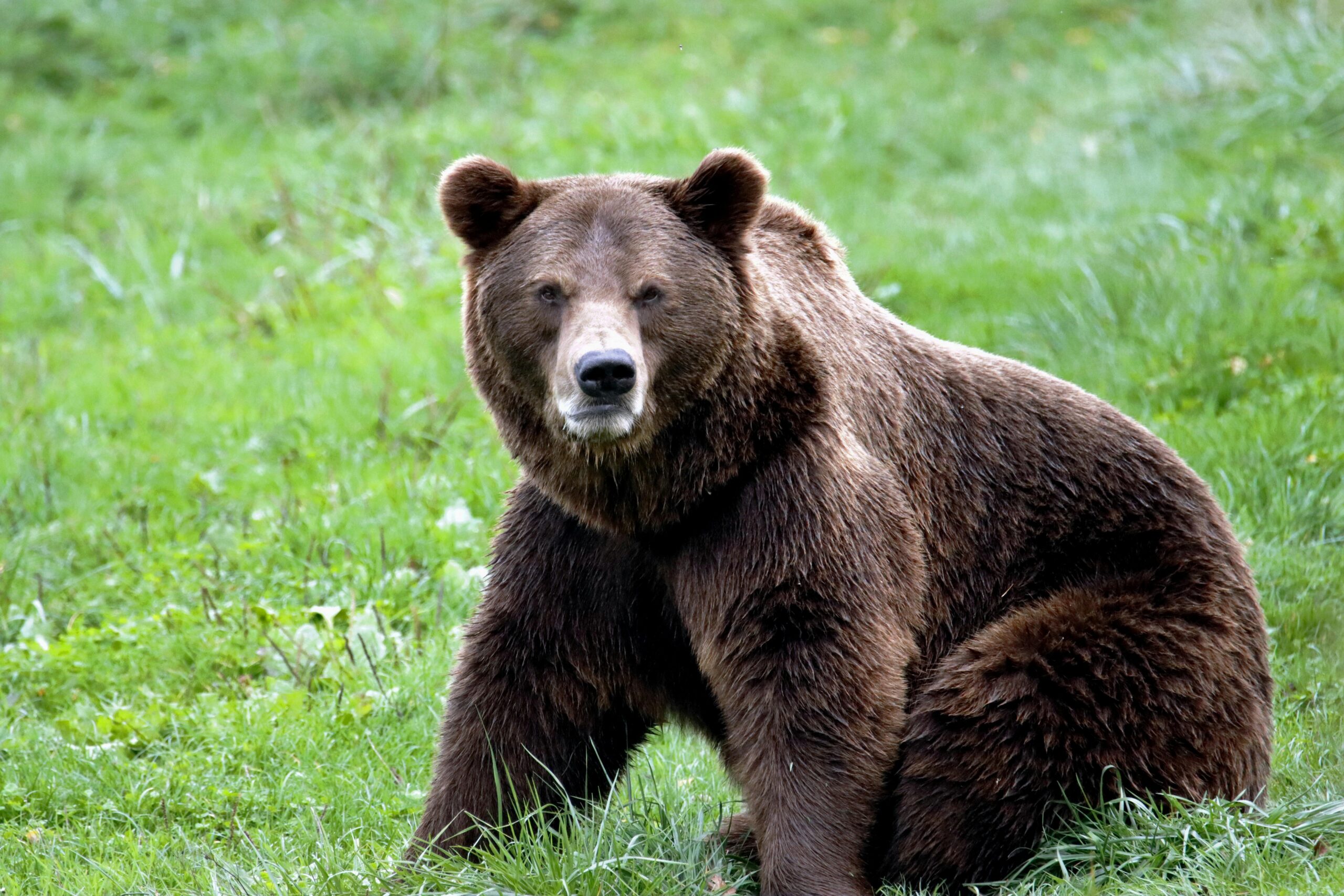We desperately need perspectives for (social, ecologic, economic, climate) robust agricultural practices that contribute to a healthier planet for future generations. Most modern agricultural practices are vulnerable to climate change effects. Biodiversity loss and limited genetic crop diversity in our staple foods appear to be underestimated food security and health risks. There is an urge for (science based) perspectives and practices that are applicable in different climatic and socio-cultural contexts. Although the government is ambitious on paper it focusses on short-term damage control. While we need facilitation of innovative practices that dare to criticize the existing paradigm.
Food forestry as a form of agriculture has a fundamentally different approach on food production. It is about farming with instead of against nature. It is a practice that, in addition to food production, contributes to the recovery of soil, biodiversity, water quality, resilience and socio-economic development. This method is already widely adopted in society and promises to deliver robust agricultural systems and could provide a healthy business model.
It is not easy though to design and develop a food forest. The (scientific) knowledge is lacking and food forests take a long time to develop due to the extensive use of perennial species. This is also the main reason that scientifically proving or disproving the promises of these young systems requires a lot of patience and long-term funding.
The Netherlands have become a leading country on food forestry due to adopting this practice in a relatively short time. Unfortunately, short term focused investment tradition (including science funding) makes it challenging to better understand and improve these systems. Continuation on (scientific) knowledge building, knowledge sharing and knowledge implementation in food forestry practice is crucial. Luckily there is a growing network of people contributing to grow this innovative production approach.


